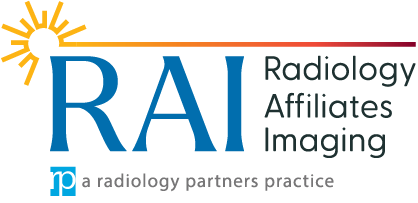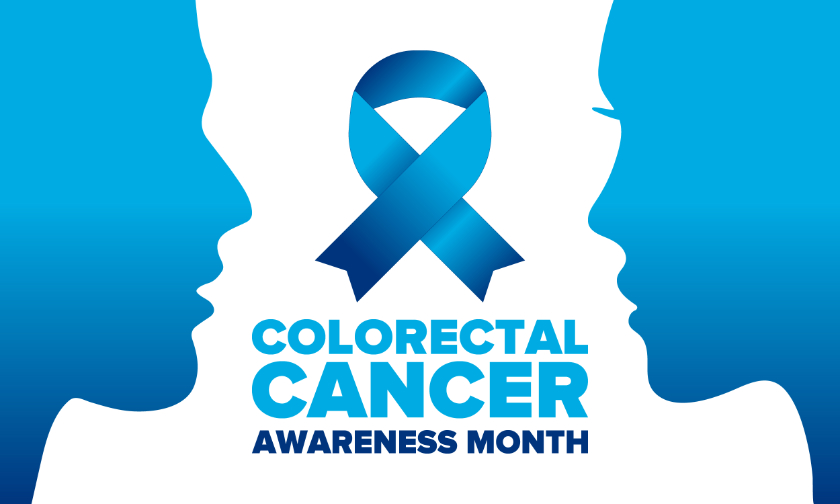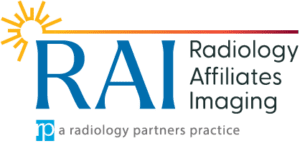
Why Do I Have to Fast Before Some Medical Imaging Tests?

When it comes to medical imaging, getting a clear, accurate image is a top priority. After all, doctors use the information they learn from these medical images to diagnose patients and create treatment plans. In some cases, doctors will require patients fast before undergoing medical imaging.
A fast is a period of hours in which you have nothing to eat or drink, except for water. You can take your medications as usual in most cases, but you may need to hold off on taking some medications, especially if you need to take these medications with food. Ask your doctor or radiology team if you need to withhold any medications during your fast.
Your radiology team will tell you how long you will need to fast before your medical imaging test.
Why You May Need to Fast Before these Imaging Tests
Most imaging tests, such as x-rays, do not require fasting. Some do, though, and it is important to understand why fasting is necessary.
Ultrasound
An abdominal ultrasound creates images of organs and structures in your abdomen, which include your liver, gallbladder, bile ducts, spleen, pancreas, and abdominal aorta.
Ultrasound uses sound waves to create images of organs inside your body. A small, handheld device, known as a transducer or probe, transmits soundwaves into the body. These soundwaves bounce off the various organs and structures in your body. The transducer also records the waves that echo back, and uses the information to create images.
Undigested food in your stomach and urine in your bladder can block the sound waves, which makes it difficult for the technician to create a clear picture of your abdomen. Eating or chewing gum can introduce air into your gastrointestinal tract, which can make it difficult to see pancreas, bile ducts and gallbladder.
Eating or drinking can cause your gallbladder to shrink, which makes it harder to find abnormal growths or polyps that develop on the inside of the gallbladder. The gallbladder expands throughout the day as it fills with bile, which is an important digestive juice. After you eat, your gallbladder shrinks as it releases bile into your stomach. The inside of the gallbladder is easier to see on ultrasound when it is enlarged from fasting.
Your radiology team may request that you drink water just before your abdominal ultrasound. This is because it is easier to see the details of your pancreas and bile ducts when your stomach is full of water. Likewise, they may ask that you drink enough water to fill your bladder, as this makes it easier to create clear images of your bladder, prostate, uterus, and ovaries.
Radiologists often recommend that adults fast for 6 to 8 hours prior to an abdominal ultrasound. Children may need to fast for at least 6 hours, and infants might need to fast for 4 or more hours.
Contrast-Enhanced CT and MRI
Computed tomography (CT) and magnetic resonance imagine (MRI) sometimes require fasting. This is especially true if the radiologist is performing contrast enhancement, which is a special dye that makes it possible for the radiologist to detect even the smallest tumor.
Radiologists recommend fasting prior to undergoing a CT or MRI with contrast because of the possible side effects of the contrast agents. While rare, side effects of contrast can cause nausea or vomiting during the test. Vomiting while lying down could cause food blockages in your airway, known as asphyxia. It could also cause aspiration, which is when food or vomit goes into your lungs. Asphyxia and aspiration could both lead to serious situations.
Fasting is also required for a CT of the stomach or small intestine. During a CT of the stomach, the radiology team will fill the stomach or small intestine with a neutral contrast agent, such as water. Fasting empties the small intestine prior to a CT. During the CT scan, the radiologist fills the bowel with carbon dioxide glass that makes it easier to create clear images and detect abnormalities.
Most radiologist recommend a 6-hour fast for patients undergoing CT or MRI with contrast. In case of an emergency, however, patients may undergo a contrast enhanced CT or MRI without fasting.
Interventional Procedures
Doctors often use medical imaging to guide minimally-invasive procedures, such as the placement of chest ports that provide routine access to blood vessels for the administration of medications. Fasting is required to prevent asphyxia or aspiration during interventional procedures using contrast. Fasting may also be required for certain types of procedures, the use of sedation, or the judgement of the doctor.
For more information about fasting before undergoing some medical imaging tests, consult with your radiologist. If you accidentally break your fast, tell your radiology team before you undergo any testing.




